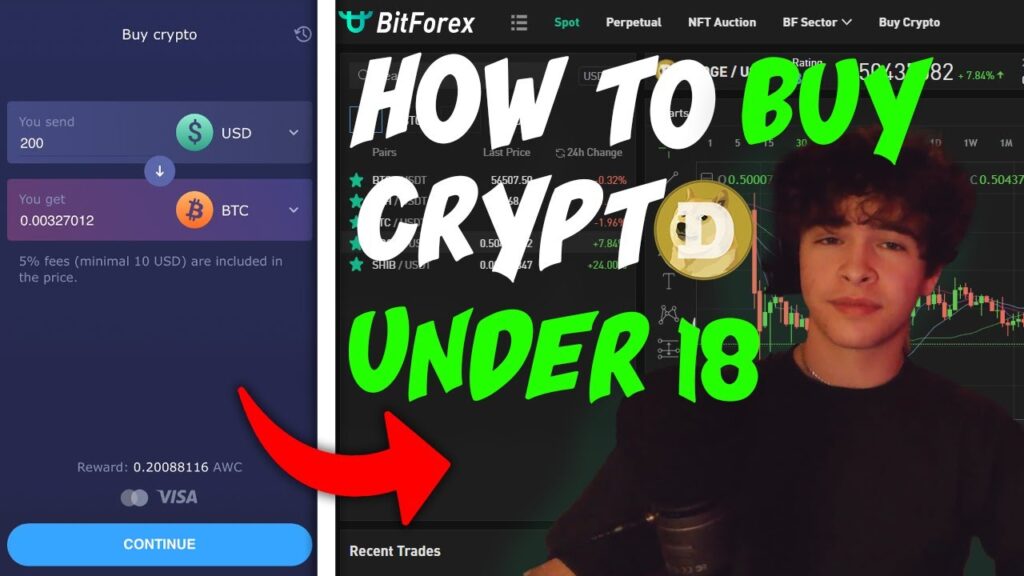The recent surge and subsequent crash of a memecoin token in the crypto markets has raised concerns about the future of such coins. Following the announcement by the Argentinian president about the launch of a memecoin called LIBRA, similar to Donald Trump’s OFFICIAL TRUMP token, both coins experienced a significant increase in liquidity. However, shortly after the launch, insiders cashed out, causing both tokens to plummet by more than 90% within hours.
While TRUMP is expected to face a similar fate in the coming days, LIBRA experienced a rapid dump shortly after its debut. The TRUMP team sold off over 70% of their tokens, while LIBRA’s insiders cashed out without sharing tokenomics information with traders. This series of events raises questions about the credibility of ‘Celebrity Coins’ and whether they are damaging the reputation of memecoins.
In the past month, the memecoin market has seen a 30% decrease in market capitalization, despite a 68% increase in trading volume. Popular memecoins like Dogecoin, Pepe, as well as newer ones like WIF, BONK, and POPCAT, have failed to attract traders, indicating a shift towards using memecoins solely for quick profits rather than their utility.
Amidst the rise of such tokens, there have been calls for stronger crypto regulations from analysts like Seth. While some argue against regulations, others believe that they could benefit not only memecoins but also the overall reputation of the crypto industry. The market is filled with promising projects that could address real-world issues, but the prevalence of scam coins diverting trading volumes is a concerning trend.
As long as market participants continue to chase quick profits and overnight success, pump & dump tokens will likely continue to exploit millions of dollars from unsuspecting traders. It is crucial for influential figures in the crypto space to take responsibility for the losses incurred by retail traders in such market manipulations.



